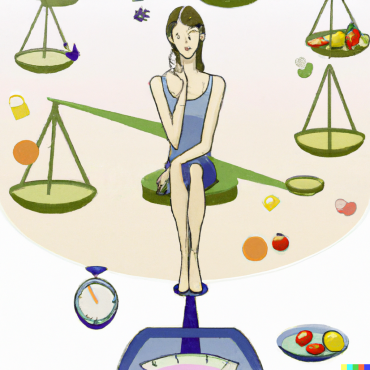Old age brings with it some physical discomforts: Loss of appetite, difficulty in chewing, dry mouth, stomach sensitivities and more.
For adults over 50, the benefits of healthy eating include increased mental acuteness, resistance to illness and disease, higher energy levels, faster recuperation times, and better management of chronic health problems. As we age, eating well can also be the key to a positive outlook and staying emotionally balanced. Whatever your age be, eating should be all about fresh, colorful food, creativity in the kitchen, and eating well with your family.
Remember the old saying, you are what you eat? Make it your motto. When you choose a variety of colorful fruits and veggies, whole grains, healthy fats, nuts and lean proteins you’ll feel vibrant and healthy, inside and out.
Once you’re used to eating nutrient-dense food, your body will feel slow and sluggish if you eat less wholesome fare. Here’s how to get in the habit of eating well for adults over 50.
- Hydrate your system with water – With age, some of us are prone to dehydration because our bodies lose some of its ability to regulate fluid levels and our sense of thirst may not be as sharp as earlier. Post a note in your kitchen reminding you to sip water every hour and with meals to avoid urinary tract infections, constipation, and even confusion.
- Focus on Vitamin B and Vitamin D – After 50, your stomach produces less gastric acid making it difficult to absorb the important B vitamins needed to help keep blood and nerves vital. Get the recommended daily intake from food sources. We get most of our vitamin D intake—essential to absorbing calcium and boosting muscles—through sun exposure. With age, our skin is less efficient at synthesizing vitamin D, so makes sure you expose your body to the sun religiously.
- If chewing is an issue with you make life easier by drinking smoothies made with fresh fruit, yogurt, and nuts. Eat steamed veggies and soft food such as couscous, rice, dalia and yogurt.
- Reduce sodium (salt) to help prevent water retention and high blood pressure. Look for the “low sodium” label and season your meals with garlic, herbs, spices and lemon juice instead of salt.
- Enjoy good fats. Reap the rewards of olive oil, avocados, salmon, walnuts, flax-seed, and other monounsaturated fats. The fat from these delicious sources can protect your body against heart disease by controlling “bad” LDL cholesterol levels and raising “good” HDL cholesterol levels.
- Add fiber to your diet. Avoid constipation, lower your risk of heart disease, stroke, and diabetes, maintain a healthy weight, and feel fuller longer by increasing your fiber intake from foods such as fruits and veggies, whole-grains, nuts, and beans. Women over 50 should aim to eat at least 21 grams of fiber per day, men at least 30 grams.
- Avoid simple carbs such as white flour, refined sugar and white rice that have been stripped of all bran, fiber, and nutrients. These carbs digest quickly and cause spikes in blood sugar levels and short-lived energy. For long-lasting energy and stable insulin levels, choose “good” or complex carbs such as whole grains, beans, fruits, and vegetables.
- Look for hidden sugar. Added sugar can be hidden in foods such as bread, canned soups and vegetables, pasta sauce, fast food, and ketchup. Check food labels for other terms for sugar such as corn syrup, molasses, brown rice syrup, cane juice, fructose, sucrose, dextrose, or maltose. Opt for fresh foods instead of canned goods.
- Cook smart. The best way to prepare veggies is by steaming or sautéing in olive oil—it preserves nutrients.
It’s simple… Stay Fit, Stay Active!
Image Courtesy: gettyimages.com

























































Comments